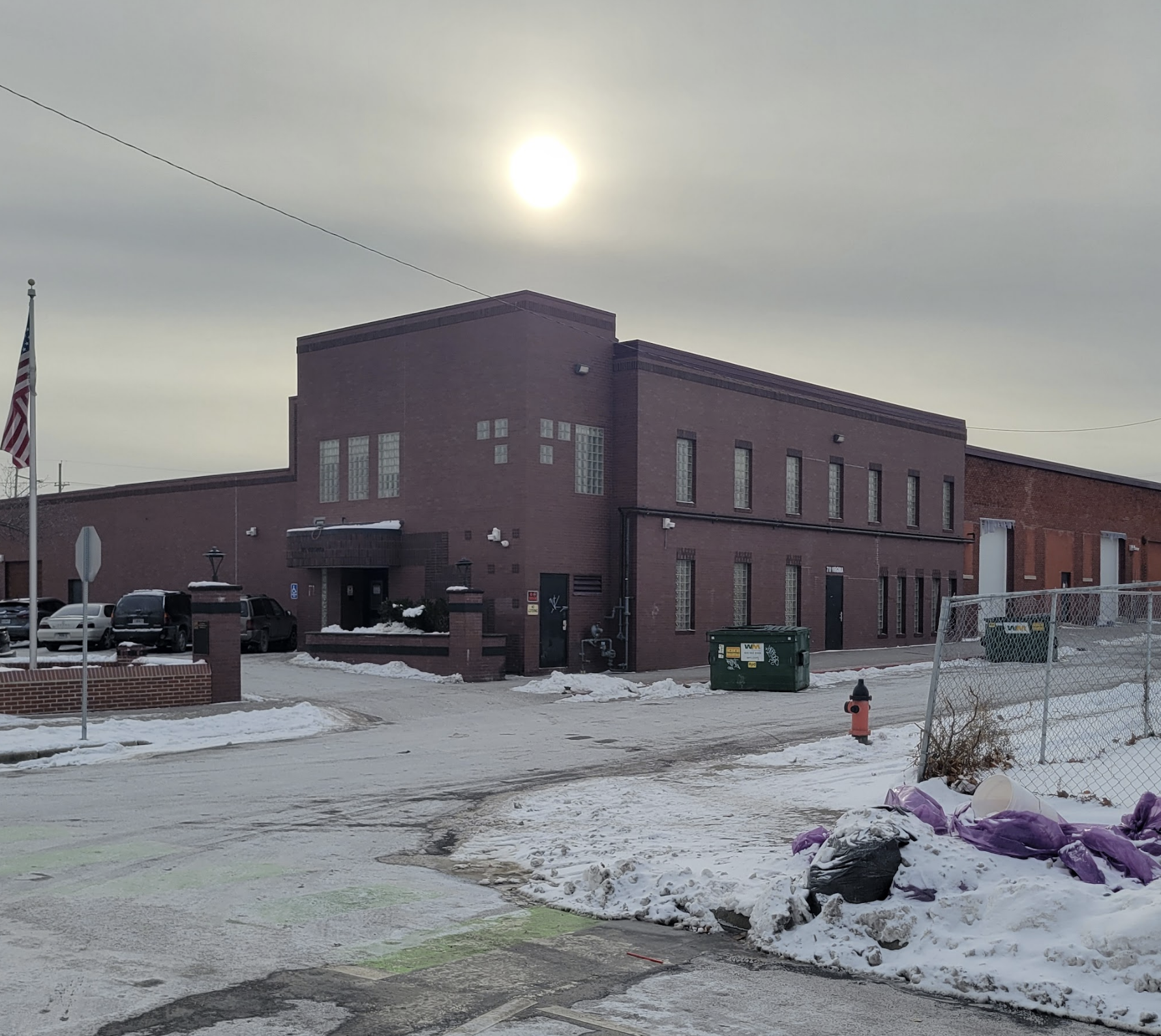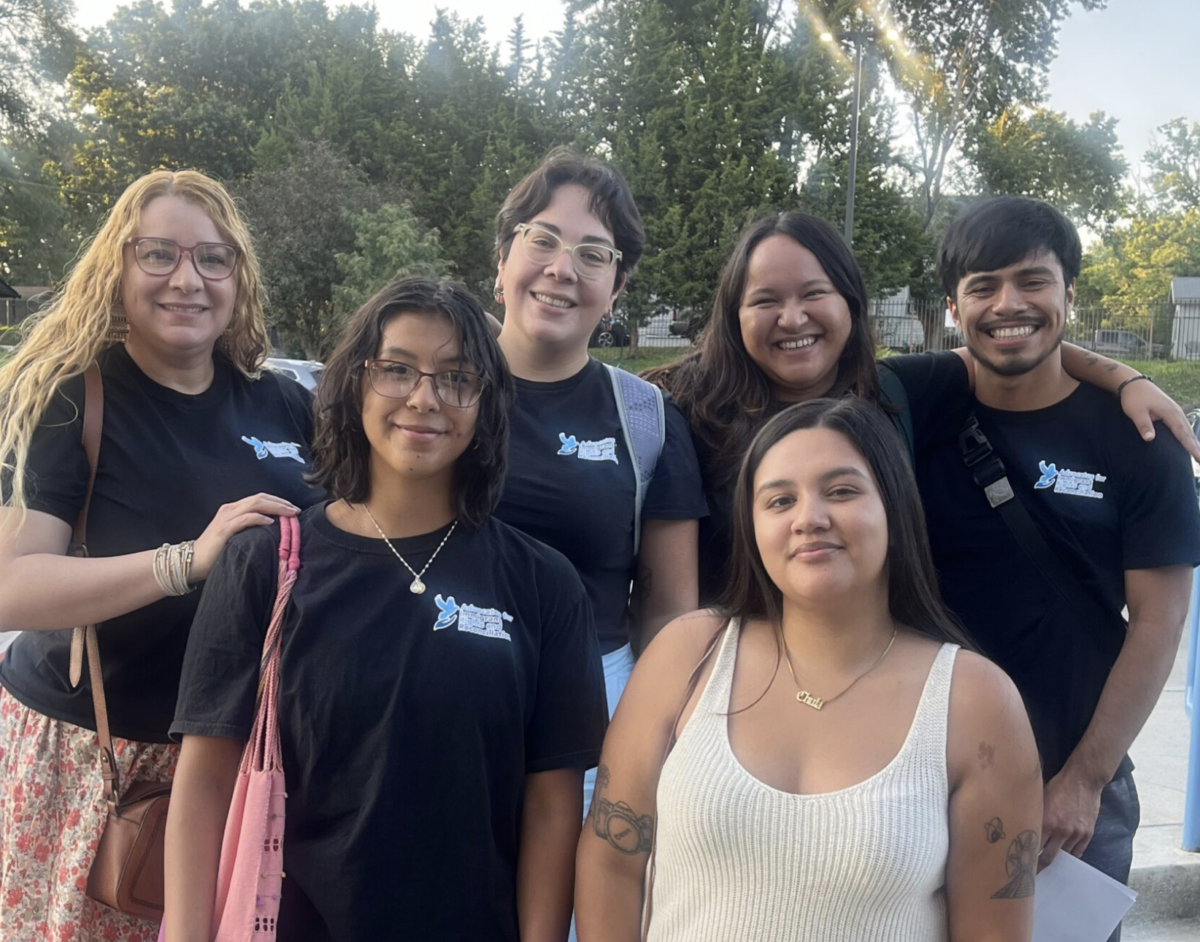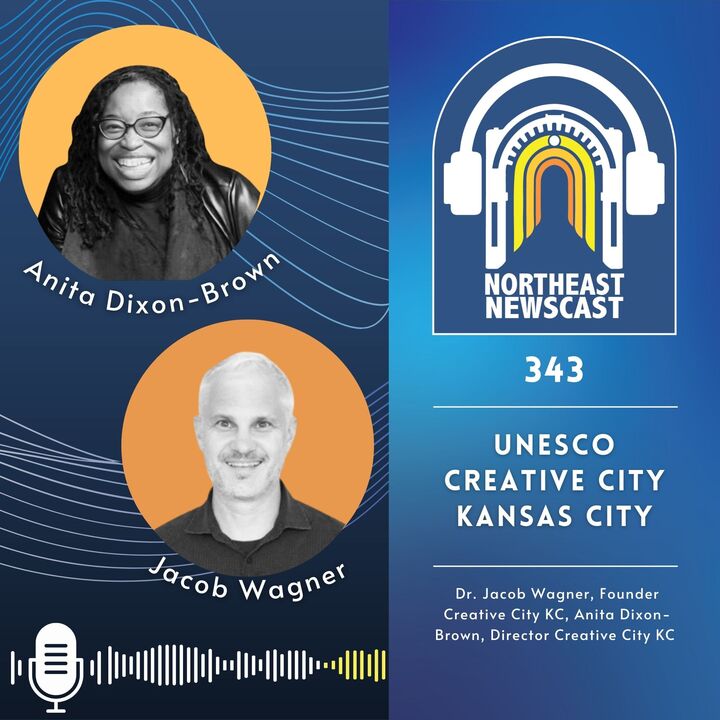
Michael Bushnell
Publisher
Fundamentally, Missouri’s Sunshine Law ensures public access to open meetings, as well as access to or copies of public records. The public has the right to view how public funds are spent and how government organizations operate.
That law apparently stops at the doors of City Hall given that the city has shown a complete lack of transparency in terms of rolling out important projects that impact neighborhoods and communities, negatively or otherwise. In this particular case, we’re talking about the flawed process that would place a low-barrier homeless shelter at Hope Faith ministries at roughly Admiral Boulevard and The Paseo.
The RFP (Request For Proposals) for that project was issued by the city without a public engagement component as part of the RFP process.
Blaine Proctor, the city’s homeless czar, admitted such to Paseo West neighborhood honcho Evie Craig during a November public forum, held after Northeast stakeholders learned of the project almost by accident through unofficial channels, and forced the city’s hand. When asked repeatedly about the process, Proctor stumbled and stammered that there was no opportunity for public engagement and doubted the RFP would be reissued at this late stage.
Then, without warning or notification, City Manager Platt gave Mayor Q the green flag to introduce an ordinance out of the clear blue sky, scuttling the entire process and essentially handing Hope Faith Ministries roughly $7.1 million to operate a low barrier shelter despite the fact negotiations with the Northeast coalition were still ongoing. This once again proves the city has been knowingly negotiating in bad faith and now wants to ramrod this through despite flawed process.
Fast forward to a January 17th public meeting at the Northeast Chamber offices where despite Proctor’s earlier admission, City Manager Brian Platt, in front of a packed house, doubled down on flawed policy by repeatedly stating that public engagement had always been a part of the process and this is how city government works.
The city’s decision, as well as Platt’s overt demand to warehouse poor people in a single location, flies in over sixty years of research and HUD best practices that dictate scattered sites in these cases.
The decision also flies in the face of the demands made by the Northeast Coalition, again, to “make positive change for the benefit of the Northeast community,” proving once again that the city doesn’t give two hoots about citizen concerns, about public comment in terms of projects that negatively impact the community, much less best practices in terms of safely and humanely housing less fortunate individuals.
We won’t even go into how this negatively impacts the $30-million Paseo Gateway project that was designed to create a shiny new gateway not only to the historic Northeast but also the city’s 18th and Vine District and the East Crossroads District.
Real nice gateway too, right past the title loan joint then ya run the gauntlet of homeless agencies on Paseo, courtesy of the city and the Downtown Council who don’t want the likes of “those people” downtown where they’re oh so visible.
We could continue to debate the whole homeless issue until the cows come home but the real issue here is that a $7.1 million decision is being made through the auspices of a flawed RFP process that shuts out public comment.
Here’s the bottom line. The city’s RFP process, which doesn’t allow public engagement as part of the process, flies in the face of Missouri’s Sunshine Law and should be sent back to the drawing board in favor of a process that actively and openly embraces the public comment process and adjusts projects if necessary, when applicable. An open and transparent process benefits everyone. The citizens of Kansas City deserve an open and honest government, not decisions made in a vacuum where the Sun doesn’t Shine.


















